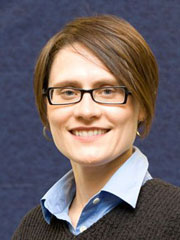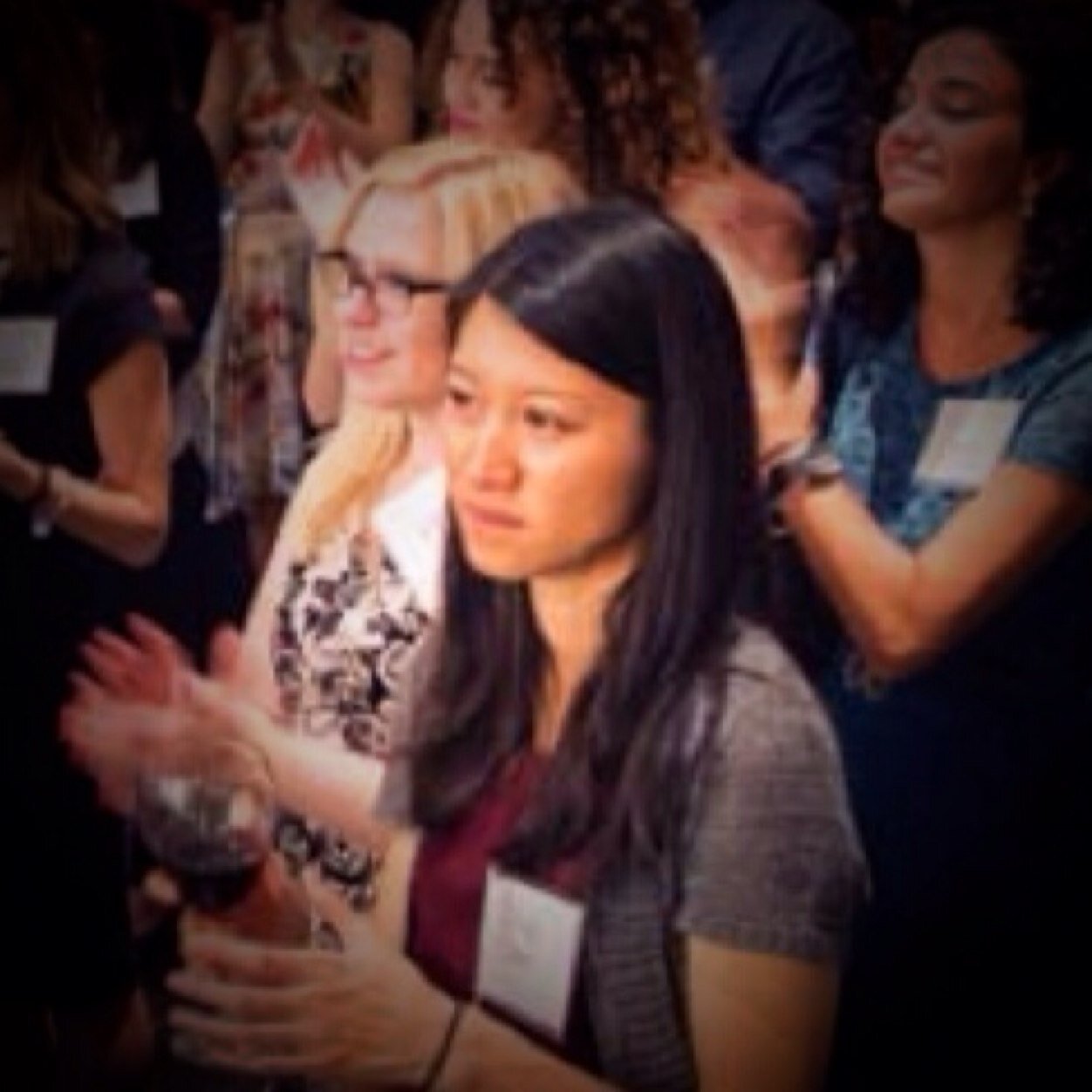CV: Dr. Yana Yunusova
This article originally appeared in the autumn 2010 issue of Nexus, Sunnybrook Research Institute’s quarterly newsletter.
By Dilys Chan
Bio basics: An associate scientist in clinical integrative biology and the Brain Sciences Research Program, and an assistant professor in speech language pathology at the University of Toronto. Born in Russia, completed her master’s in speech language pathology and PhD in speech physiology at the University of Wisconsin-Madison; did postdoctoral fellowship at the University of Nebraska-Lincoln.
Tell me about your area of research.
Basically, I’m interested in how people produce speech: sounds, movements and how the brain controls speech.
What’s your main research project?
The largest one is an NIH [National Institutes of Health]-funded study on deterioration of bulbar (speech and swallowing) functions in patients with amyotrophic lateral sclerosis, or Lou Gehrig’s disease. As motor nerves are affected, muscles of the bulbar mechanism get weaker and people lose their ability to talk. By the time the ear can diagnose speech loss, up to 50% of motor neurons are dead. That’s way too late. We want to diagnose deterioration in the bulbar system as early as possible. In the past five years, a variety of technologies have become available to measure movement of the face and tongue. Another objective is understanding why people lose their ability to speak. We look at different speech subsystems—respiration, larynx, jaw, lips, tongue, velum—to depict those most important to preserve speech intelligibility.
What interested you in this area of research?
During my master’s, I was fascinated by the complexity of the speech motor system. Speech is the most important mode of communication, yet there wasn’t much clinical information on slowing down loss in speech, so I thought it would be an important area for research.
What do you like most about being a scientist?
I enjoy a certain degree of independence in choosing the direction of my research and working with smart, interesting people. It’s very rewarding seeing my students turn into young researchers. Because our field is so young, through a clinical program you wouldn’t really appreciate how complex our research is.
What do you enjoy outside the lab?
I like to cook and have friends over. Theatre in Toronto is another great thing that’s finally accessible. As you can imagine, Lincoln, Nebraska was not big on theatre.

